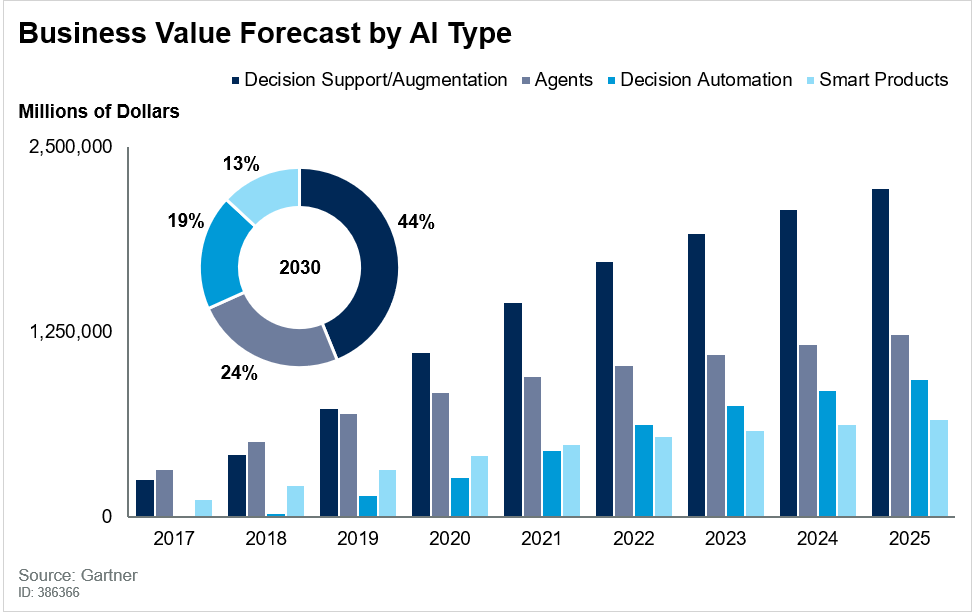Are you tired of hearing about chatbots from friends who talk about them all the time? If so, then you might want to check out Conversational Marketing Insights and Trends to get some new ideas on where they are going next.
How often do you hear these terms being thrown around in conversations about marketing? If they don’t ring true to you, then you might want to take some time to brush up on them. After all, knowing what the trends are can mean the difference between success and failure, especially for businesses that rely heavily on their advertising budget.
Conversational marketing involves using real-time interactions with customers to get information, build relationships, or sell something. This type of marketing has become very popular because it offers companies new ways to connect with consumers.
This is an extremely important trend that every company should consider using to gain a competitive advantage over other brands. The key is ensuring that your brand stands out from the crowd by offering unique and useful experiences.
|
What is Conversational Marketing? |
What Is Conversational Marketing?
Conversational Marketing is a one-to-one approach to marketing that companies use to shorten their sales cycle, learn about their customers, and create a more human buying experience. It creates an authentic customer experience that builds relationships with prospects and buyers.
Conversational marketing is all about understanding what people are saying and responding to it. This type of marketing differs from traditional advertising forms because it involves listening to consumers and building a relationship with them.
Conversational marketing is a newer concept but has been gaining popularity for some time now. It’s a quick way to move people through your marketing and sales funnel. It builds relationships, helps foster trust, and creates genuine customer experiences.
7 Conversational Marketing Statistics You Need To Know
1. Conversational Marketing Helps 50.7% Of Companies Respond Quicker
According to the 2021 survey conducted by Drift, more than half (50.7%) of companies engaged with conversational marketing claim they allow them to respond faster to visitor inquiries.
In addition, more than one-third of them (36.2 percent) say that they can provide more human and genuine answers for an authentic customer experience.
2. Users' Expectation of Immediate Responses Is on the Rise
In 2020, Drift has found that more and more consumers have become accustomed to receiving instant responses from brands when they contact them.
With chatbots or online live chats, the expectation for prompt responses has risen significantly from 2019.
It means that not only is it important for there to be chat options available to users, but it’s also important for them to be able to respond to them instantly, which leads to a better customer experience.
You can accomplish this by using automated chatbots with prewritten messages or having live agents answer user questions.
3. Quick & Authentic Experiences are a Top Priority for Businesses and Users
B2B buyers expect their companies to provide them with better digital experiences than they've had before. Businesses also want to meet their customer’s expectations. Buyers today research products and services themselves at any time they choose and expect fast responses from companies when they ask questions.
That's why one of the most attractive features of a conversational marketing platform is its ability to reveal customer insights. Here are the most important features Conversational Marketing users want from their platform:
- Of those who responded, 46.3 percent said they want to learn more about their customers is the most important feature.
- More than one-third (36%) of respondents say their solution should offer a more human, authentic user experience.
- Slight more than half (50.7%) of respondents say they want to be able to provide faster responses to visitors’ questions.
To improve the customer experience across its channels, a business must engage with customers quickly, and authentically.
4. Consumers Are Most Frustrated by Poor User Experience on Live Chat Tools
It doesn't matter whether you use Facebook Messenger, chat support on your website, or any other conversational marketing tool — it's one thing to provide live chat support, but another to do it well. WhatsApp live chat widget
If you want to be successful at conversational marketing, this statistic is something you need to keep an eye on.
According to Kayako, 38% of consumers who use live chat tools have experienced a poor user experience.
Although that’s not the majority, it’s still significant enough for brands and companies to begin offering a more effective solution.
Users often complain about the lack of availability of live chat support despite indications showing that it is available, getting disconnected in mid-chat, and the big barriers to initiating a chat (having to fill out pre-chat forms).
These problems a chatbot offered by Hubspot seems to answer these problems well.
5. Chatbots Can Help Save Time
If you're using virtual assistants (chatbots) as part of your conversational marketing strategy, you're essentially helping your agents save a lot of time.
Whether you're using an artificial intelligence (AI) chatbot your IT team developed or the automated messages can be set so they respond quicker, both options can help improve customer service.
Chatbots can also help businesses reduce costs associated with hiring additional staff to handle customer inquiries.
For example, if you have a chatbot that answers simple questions like "How much does shipping cost?" and "What payment methods are accepted?", you could potentially cut down on the number of employees needed to handle customer service requests.
You could even automate some of the repetitive tasks that take up a lot of your team's time.
6. Live Chat Support Boosts Repeat Purchases
Conversational marketing facilitates interactions between buyers and brands and enhances a customer's experience with the brand. It also helps companies drive sales.
These numbers are pretty impressive.
According to conversational marketing statistics from Kayako, 79% of businesses report experiencing positive growth in sales, revenues, and customer loyalty as a result of their live chat services.
As many as 38% of consumers say they’re more likely to purchase from brands with live chat support than ones without.
Repeat purchases are also a major contributor to customer satisfaction; 51 percent of consumers say they would buy again from a company if it offered live chat support.
7. AI-Powered Conversational Marketing Solutions are Gaining Traction
Artificial Intelligence (AI) is the newest frontier of conversational marketing. According to a recent study by SemRush research, marketers expect AI technologies to become an integral part of marketing strategy in the coming years.
Of the 82 percent of respondents who use artificial intelligence (AI)-enabled technology, most find their solutions to be very valuable to the marketing mix. Specifically, survey participants report enjoying the strong sales and marketing engagements offered by AI-powered solutions.
Among marketers who used conversational marketing tools, 56% reported an improvement in sales productivity. Other AI-enabled business benefits include:
- The ability to qualify prospects in real-time (49%).
- The ease of engaging potential buyers 24 hours a day, 7 days a week (41%)
- Online concierge service for tickets (35%)
AI-powered conversational marketing solutions can automate common marketing tasks, speed up revenue, and lower costs. By 2030, decision support/augmentation will surpass all other types of AI initiatives to account for 44% of the global AI-derived business value.
AI-enabled solutions offer marketers an opportunity to have a competitive edge by:
- Creating personalized consumer experiences
- Increasing marketing attribution
- Increasing the return on investment from campaigns
- Getting more actionable insights from marketing data
- Reducing time-consuming tasks
- Shortening the sales cycle




